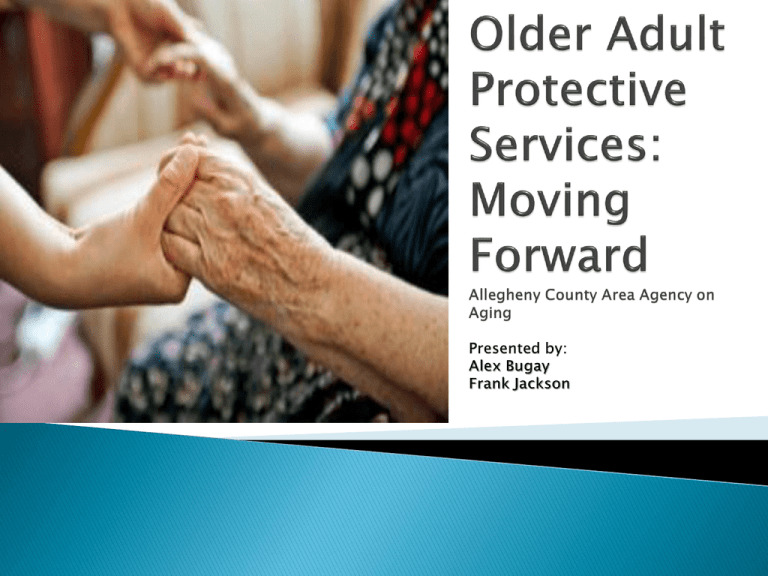
1. Do you believe that an
elderly abuse registry should
have perpetrators on its
system other than mandated
licensed professionals?
2. Do you believe that the
current protective services
laws are adequate?
3. Do you believe that more
funding should go towards
the efforts of protective
services?
4. Do you think that justice is
being served by our current
protective services
programs/laws?
5. Do you believe
perpetrators are receiving the
consequences they deserve?
Over half of the reporting
states indicated that
insufficient funding for Adult
Protective Services (APS) was
a major problem
State budget cutbacks
Lack of federal funding
Limited amount of funds
from Older Americans Act
support the program
More money would
provide more staff and
more staff would mean
that protective services
investigations could be
longer and more
thorough (AC)
Positions are often
advertised as entry level
positions with entry level
pay but the work
involves making
determinations about
peoples safety and
welfare, as well as
interacting with agencies
and communities (AC)
Inadequate staffing for APS programs
Inability to obtain and retain enough staff
with expertise in APS to effectively operate
existing programs
Large caseloads and low wages results in
high staff turn over
Lack of funds prohibiting them from
providing necessary training
There are very few investigators working in
the field right now (AC)
Not enough people for 24/7 coverage (AC)
Elderly population as a whole is growing
larger, there will need to be more staff to
meet the needs (AC)
APS will also be starting to include ages 18
to 59 (AC)
Lack of emergency and
alternative placement
resources for a wide
range of populations
More money is needed
for emergency shelter
and contingency funds
(AC)
Funding needs to be
available to address
emergencies such as
shelter, medications,
and food. (AC)
Feelings that the
general public does
not understand the
phenomena of
older adult abuse
Do not have a
knowledge about
the programs
designed to
address abuse,
exploitation, and
neglect of
vulnerable older
adults
State legislatures
are also unaware
Lack of training for law enforcement staff
Inadequate criminal investigations
Low rates of prosecution
Unwillingness of the courts to deal with
APS issues
A lack of coordination between APS
agencies and law enforcement
Many seniors who are financially taken
advantage of often justice does not assist
them in their life time. Seniors trying to
move into a nursing home can no longer
afford it because perpetrators are only
repaying a minimal monthly amount on
usually $100,000 stolen or more (AC)
There is currently no federal law protecting elders from abuse
All the support and funding come from the State and supplemental funding
comes from the PA lottery (AC)
States have individual laws dealing with elder abuse, neglect, and
exploitation
Some states laws may protect older and vulnerable adults who are living
alone or with family
Other state laws include individuals who live in nursing home or long term
care facilities
There are consequences only when criminal charges are filed (AC)
Some AP’s are easily intimidated by the presence of PS and will modify their
behavior or comply with PS requests but others will deny the behavior and
not comply; it is the exception rather than the rule that any type of legal
actions or guardianships occur (AC)
All bark and no bite ! (AC)
At this time perpetrators face no
consequences. Often times when
facilities are involved the facility may
Offenders are not allowed to
participate in Caregiver
Support Program. (AC)
opt to terminate the perpetrator but
without a registry that person would
be able to go to another facility to
Most times the offender is
separated from the elderly
individual and is not
permitted contact (AC)
look for employment. For cases in
the community there are absolutely
no consequences unless charges can
be pressed through the DA's office
and that almost never happens (AC)
If the abuse is serious, ex.
rape, assault. Then law
enforcement is brought in to
investigate (AC)
If financial exploitation has
occurred protective services
lawyers will pursue legal
action (AC)
Unable to measure consequences.
Some offenses are easier to
prosecute than others
◦ Financial and sexual abuse are
more likely to be substantiated,
but other offenses like verbal
abuse and neglect are hard to
prove (AC)
Nationally there is no clear
or consistent definition of
an abuse registry.
Some lists have been
known to include all
offenders, while some only
show mandated licensed
professionals.
Sometimes the list refers to
perpetrators of
substantiated incidents of
elder abuse
In many lists, it is used to
determine whether those
individuals should be
prohibited from working
with vulnerable populations
In some states, APS
contributes information
about reports or their
dispositions to an
abuse registry that is
managed by another
state agency
21 states indicated that
they maintained
registries on
perpetrators in
substantiated cases,
and slightly more than
half did not maintain a
central abuse registry.
Iowa includes all
adult abuse
offenders on our
Dependent Adult
Abuse Registry
regarding a report
that meets and is
accepted under the
criteria listed below
and is determined
to be founded.
Legal reference:
Iowa Code sections
235B.2 and 708.1,
Chapter 709; and
section
726.2; 441 IAC
176.1(235B)
Delaware
APS programs are
administratively
fragmented: about a third
reside in state units on
aging; about half in state
departments of social
services, and the rest in
various other
arrangements
Over 80% of state APS
programs serve all persons
with significant disabilities
aged 18 and older; while
several only serve persons
60 or 65 and older
All APS programs
investigate abuse in home
settings, but almost half
also conduct abuse
investigations in facilities
Here in PA should we
include all offenders on
an abuse registry?
Would this help the
cause?
Ideas for how to fund this
registry?
http://www.apsnetwork.org/Resources/docs/ProblemsFacingState
s.pdf
http://www.apsnetwork.org/Resources/docs/AbuseAdults60.pdf





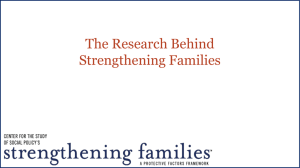
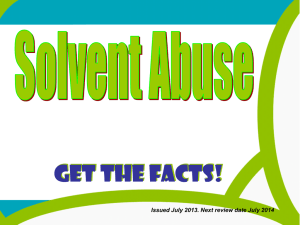
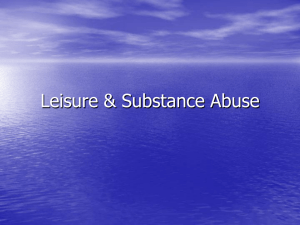
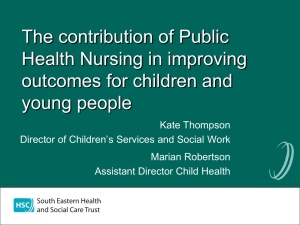
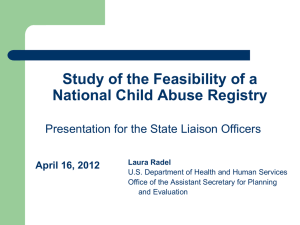
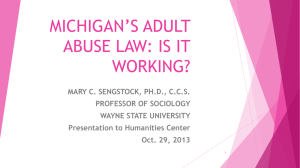
![Critical Incident Reporting System [CIRS]](http://s2.studylib.net/store/data/005482755_1-7eaadf4b265b8b8b33444fd62a05b4f9-300x300.png)